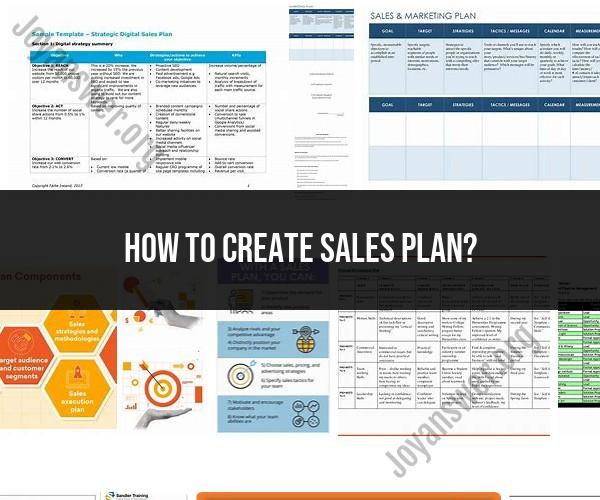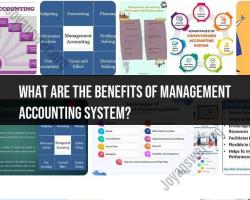How to create sales plan?
Creating a sales plan is a strategic process that helps your sales team achieve its goals and targets. Here's an effective step-by-step process for creating a comprehensive sales plan:
1. Define Your Sales Objectives:
- Start by setting clear and specific sales objectives. These should be measurable, achievable, relevant, and time-bound (SMART). Examples include revenue targets, market share growth, or customer acquisition goals.
2. Identify Your Target Market:
- Clearly define your target market or customer segments. Consider demographics, psychographics, geographic location, and any other relevant factors. Understanding your audience is essential for effective sales strategies.
3. Analyze Your Competition:
- Conduct a competitive analysis to understand your competitors' strengths and weaknesses. Identify opportunities and threats in the market that can inform your sales strategies.
4. Develop a Unique Value Proposition (UVP):
- Clearly articulate what sets your product or service apart from the competition. Your UVP should highlight the unique benefits that customers will gain from choosing your offerings.
5. Set Sales Strategies and Tactics:
- Determine the strategies and tactics you'll use to achieve your sales objectives. This may include pricing strategies, product positioning, sales channels (e.g., online, offline, direct, indirect), and marketing campaigns.
6. Create Sales Targets and Forecasts:
- Develop sales targets and forecasts that outline expected revenue on a monthly, quarterly, and annual basis. Use historical data, market research, and current trends to make realistic projections.
7. Establish Sales Processes:
- Define your sales processes, including lead generation, prospecting, lead qualification, presentations, negotiations, and closing deals. Ensure consistency in how your team handles each stage.
8. Allocate Resources:
- Determine the resources required to implement your sales plan effectively. This includes budget allocation for marketing and sales initiatives, staffing needs, and tools or technology.
9. Develop a Sales Team:
- If you have a sales team, ensure they are trained and equipped to execute the sales plan. Provide ongoing coaching and development opportunities to improve their skills.
10. Sales Collateral and Tools:- Create or update sales collateral, presentations, and sales tools that align with your sales strategies. Equip your sales team with the materials they need to effectively communicate with customers.
11. Set Key Performance Indicators (KPIs):- Identify the KPIs that will help you measure your progress and success. Common sales KPIs include conversion rates, customer acquisition cost (CAC), customer lifetime value (CLV), and sales team performance metrics.
12. Marketing and Promotion Plan:- Develop a marketing and promotion plan that supports your sales objectives. Consider digital marketing, content marketing, social media, advertising, and other promotional activities.
13. Sales Technology and Automation:- Consider implementing sales technology and automation tools, such as CRM (Customer Relationship Management) software, to streamline sales processes, track leads, and manage customer relationships.
14. Monitor and Review:- Regularly monitor your sales plan's progress and review KPIs. Hold frequent meetings with your sales team to assess performance and make necessary adjustments.
15. Adjustments and Adaptations:- Be prepared to adapt your sales plan as market conditions change or new opportunities arise. Flexibility is crucial for long-term success.
16. Contingency Planning:- Develop contingency plans for potential challenges or disruptions that may affect your sales efforts, such as economic downturns or supply chain issues.
17. Communication and Alignment:- Ensure that your entire organization is aligned with the sales plan's objectives and strategies. Clear communication of goals and progress is essential.
18. Reporting and Accountability:- Establish a reporting process that provides regular updates on sales performance to key stakeholders within the organization. Hold team members accountable for their contributions to the plan.
19. Continuous Improvement:- Encourage a culture of continuous improvement within your sales team. Regularly seek feedback and iterate on your strategies for ongoing success.
Creating a sales plan is an ongoing process that requires collaboration and feedback from your sales team and other departments. It should be flexible and responsive to changes in the market and your business environment. Regularly assess your progress and adjust your strategies to stay on track toward achieving your sales objectives.











